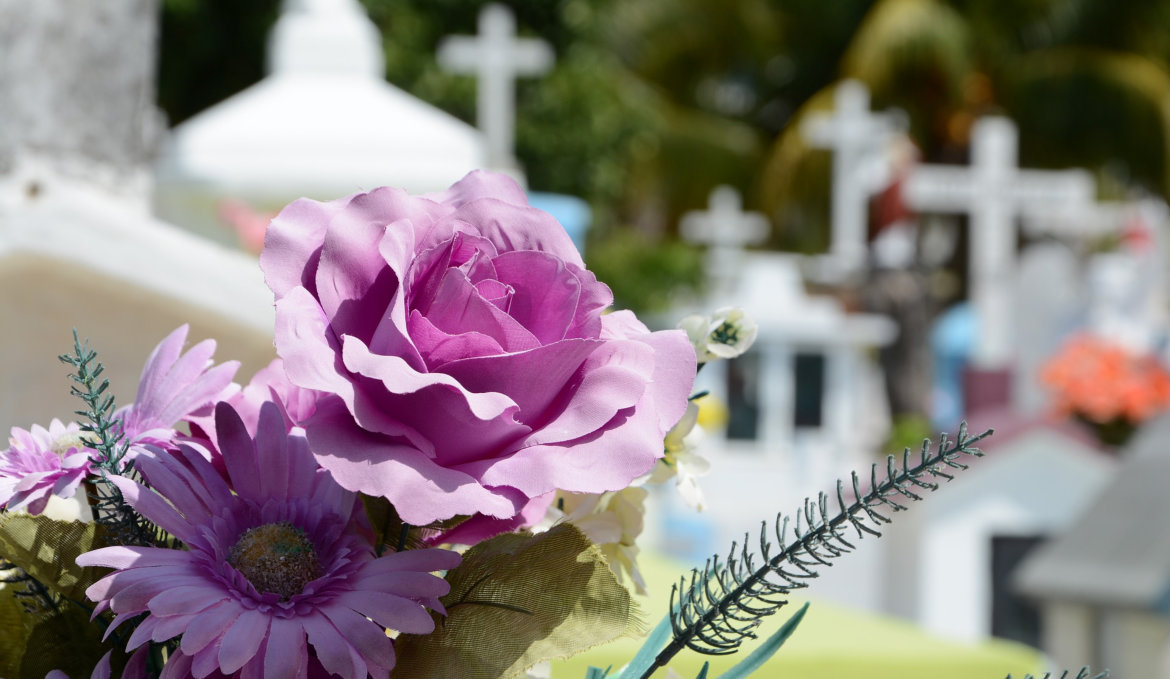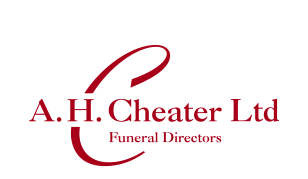Arranging a Funeral
An expected death?
If the death occurs at home, you will need to contact the family doctor who attended the deceased (or their out of hours duty system on 111). Once a doctor has attended please contact us and we will be able to provide guidance and support. We will, if so desired, attend to transfer the deceased to our premises.
If the death occurs in hospital or in a nursing or residential home, the staff will call the doctor and contact the person named by the deceased as next of kin.
The deceased’s doctor will normally issue the following:
- A Medical Certificate of Cause of Death.
- A formal notice which states that the doctor has signed the medical certificate and should inform you how and where to register the death (See List of Local Registers)
Currently the Medical Certificate of Cause of Death will be emailed directly to the Registrar from the doctor’s surgery, so there is no need to worry about this paperwork yourself.

An unexpected death?
If there are any unusual circumstances, for instance if the death is accidental or unexpected then contact the police (on either 101 or 999) and do not touch anything in the room. The death may then be referred to the Coroner.

Funeral arrangements in advance of registration
There is no requirement to wait for the death to be registered with the Registrar of Births, Deaths and Marriages before contacting us to start making the necessary funeral arrangements. You may find it expedient to inform us of your initial thoughts, so we can make contact with the appropriate parties and potentially secure a preferred venue, date and time.
What do I need to register a death?
All deaths must be registered by the Registrar of Births, Deaths & Marriages in the district where the death occurred. The Registrar must be informed of the death within 5 working days. We will assist you in finding the whereabouts of the Registrar, their opening times and how to make an appointment. Currently appointments to register a death are face-to-face and will take approximately half an hour. Hampshire is now under one district (with the exception of Southampton & Portsmouth, which are unitary authorities). Therefore, when you ring for an appointment, you may not necessarily speak to the Registrar from your local office.
The Registrar will require the Medical Certificate of Cause of Death issued by the doctor (this is currently emailed directly to the registrar) and the deceased’s Medical Card (if available), together with the following information:
- Full name of the deceased.
- The deceased’s date and place of death.
- The deceased’s home address.
- The deceased’s date and place of birth.
- The deceased’s maiden name, if applicable.
- The deceased’s former occupation, where relevant.
- If married, date of birth of surviving spouse.
- Name and address of the informant.
- Informant’s qualification for registering. (see ‘Who can register a death’ below)
Who can register a death?
The following persons may act as Informant, when registering:
- A relative of the deceased present at the death.
- A relative of the deceased in attendance during the last illness.
- A relative of the deceased residing or being in the district where the death occurred.
- A person present at the death.
- The person causing the disposal of the deceased (eg. person responsible for payment of the funeral expenses)
Funeral Directors are NOT allowed to register a death.
If the Registrar issues a Green Certificate this will be sent directly to the funeral director. If you receive this yourself, you should hand it to your Funeral Director as soon as possible.
Certified Copies of the Entry of Death (often known as Death Certificates) can be purchased for administration of the estate, currently these are £11 per copy and will be given or posted to you.
Tell Us Once
During you r appointment for Registration, you may offered the option of starting the government’s ‘Tell Us Once’ service. This is designed to help with informing government departments and local council services about a loved one and can be easily accessed by telephone or online using the unique reference number issued by the Registrar after you have registered the death. (see Local Registrars)
Organisations and services included in Tell Us Once
Local Council Services
Adult Services
- Blue Badges
- Children’s Services
- Bus Pass
- Council Housing
- Electoral Services
- Housing Benefit Office
- Libraries
- Collection of payment for Council Services
Government Departments
- Department of Work and Pensions
- HM Revenue and Customs
- Identity and Passport Service
- Driver and Vehicle Licensing Agency
- Ministry of Defence, Service Personnel and Veterans Agency (war Pensions Scheme)
This list of organisations is updated frequently. More information is available on the website listed below
Contacting Tell Us Once
Telephone: 0800 085 7308
Website: www.gov.uk/tell-us-once
Before you contact the Tell Us Once service, either by telephone or online, please ensure you have the unique reference number to hand (issued by the Registrar after registration). It would also be useful to have as much of the following information as possible about the deceased:
- Date of Birth
- National Insurance Number (if available)
- Details of any benefits or entitlements they were receiving eg. State Pension
- Details of any services they were receiving eg Blue Badge
- Driving Licence Number
- Passport Number
You may also be asked for:
- Date of Birth, Contact details and National Insurance number of the next of kin
- Details of a surviving husband, wife or civil partner
- Details of the person dealing with the deceased’s property, money and belongings (the ‘Executor’)
You must obtain the agreement of the persons listed above if you are going to provide information about them. The information provided is treated securely and confidentially.
Registration ‘By Declaration’
Where a death from natural causes occurs in England and Wales and the principle Informant lives a distance from the Registration district in which the death must be registered, it is permissible for the registration to take place ‘By Declaration’ at a convenient registry office within England and Wales.
Before using this procedure the Informant should contact the Registry office nearest to where the death occurred (‘Registrar A’) for guidance and clearance.
The Informant then makes an appointment with the convenient Registry office (‘Registrar B’) and attends with the necessary information and the ‘Medical Certificate of Cause of Death’ issued by the doctor. As this certificate is normally located at the place of death it must either be forwarded to the Informant or it can be handed to Registrar A who can fax it to Registrar B. (in the interests of security a fax can only be accepted if sent from Registrar A to Registrar B)
If the Coroner is involved, the form that replaces the doctor’s Medical Certificate must be faxed instead from Registrar A
Once the above certification or fax has been received by Registrar B and the declaration has been made by the Informant the document(s) will be sent by first class post to Registrar A who will register the death and despatch, by return first class post, the Green Certificate (if applicable); the DWP form, and the Certified Copies of the Entry of Death, if paid for.
Whilst this procedure may be more convenient for the Informant, it will result in an additional delay before the funeral takes place. A return journey to Registrar A may be well worthwhile to avoid unnecessary hold-up.

